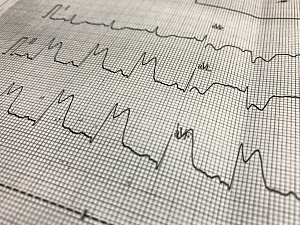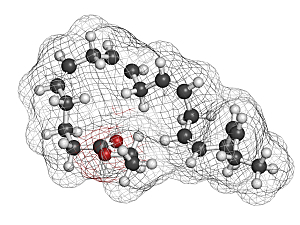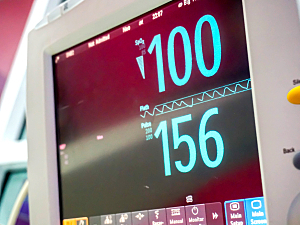Study Finds Drug Benefits Heart Failure Patients With Normal Ejection Fraction

A team led by Brigham investigators has reported findings from a study looking at whether heart failure patients with mildly reduced or preserved ejection fraction could benefit from treatment with the sodium-glucose cotransporter 2 inhibitor dapagliflozin. First author Scott David Solomon, MD, shares his perspective.
Read More...







